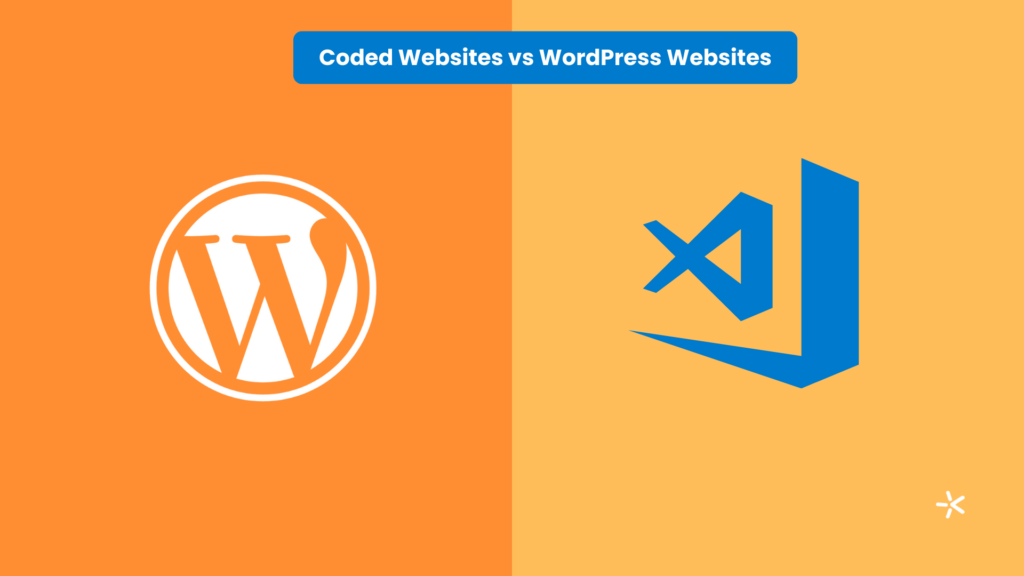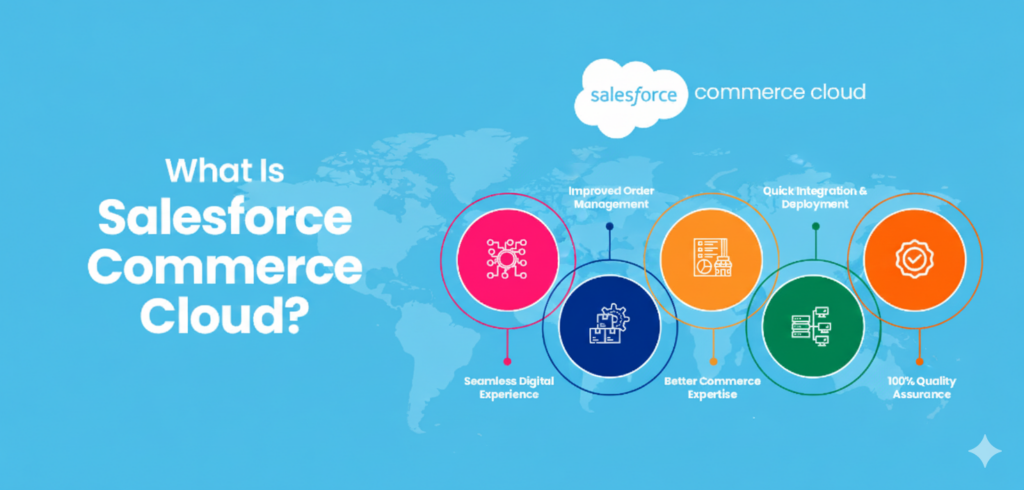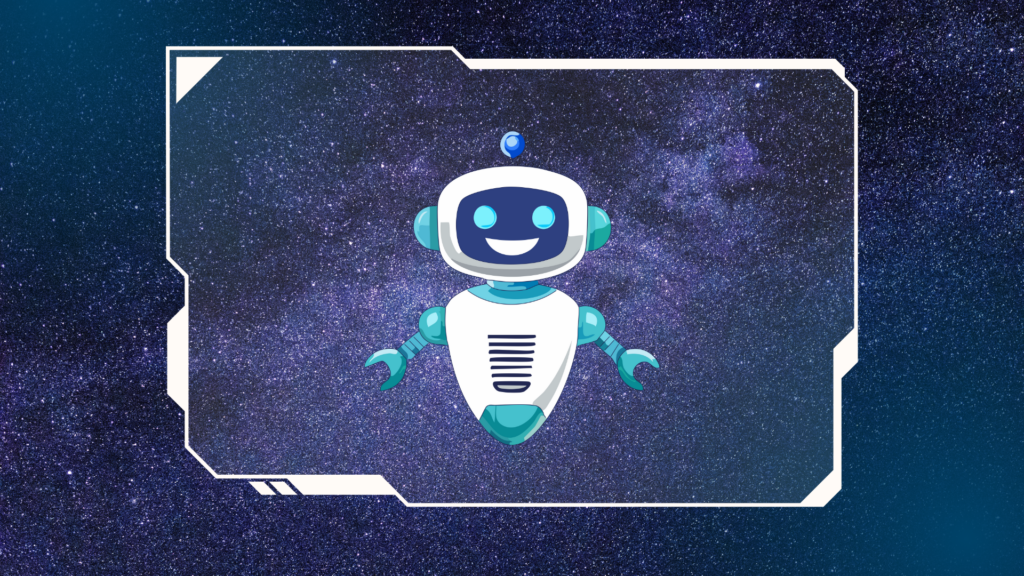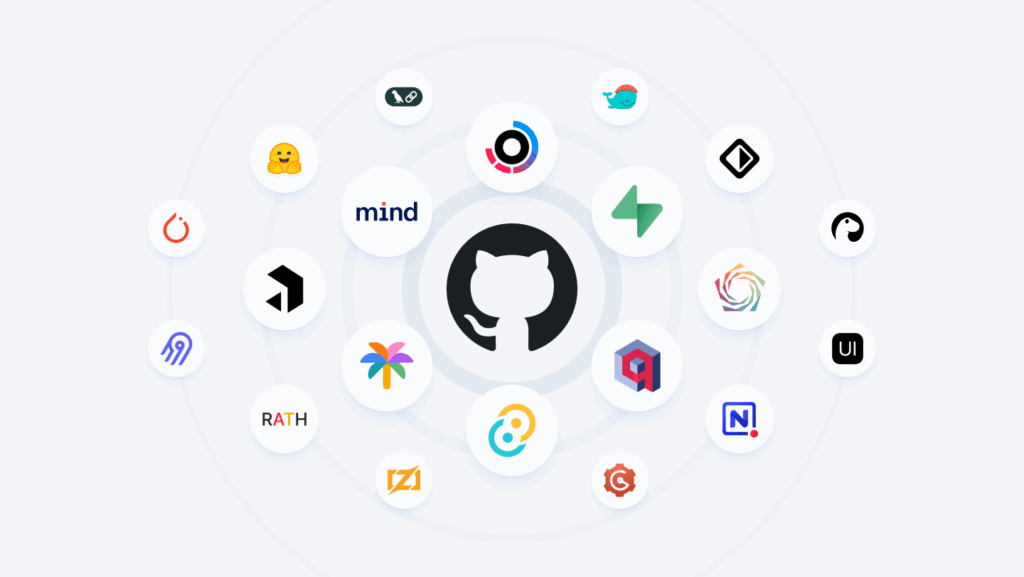AI is everywhere. It’s safe to say that most companies are using artificial intelligence in some capacity to streamline their operations and boost growth. If you are looking to get ahead, now is the time to explore how artificial intelligence can power your next big business idea.
In this exclusive segment, we will explore innovative AI business ideas that can set startups apart from the crowd. Whether you are looking to develop smarter platforms or want to understand how AI fits into IT services for small businesses and startups, we have you covered.
According to a recent report, 77% of startups are heavily investing in artificial intelligence to take their business to the next level. If you too want to join the bandwagon and need AI business startup ideas for inspiration, continue reading:
20 Best AI Startup Ideas [2024 Edition]
By 2030, AI could contribute up to $15.7 trillion to the global economy, according to PwC. This means there has never been a better time to dive into AI business ideas that can transform industries and drive innovation.
As we dive into 2024’s most promising AI ventures, our best minds have curated a list based on market demand, scalability, and innovative potential. These ideas span various industries, offering unique solutions to real-world problems.
Let us explore the top 20 AI-driven concepts that could reshape the business landscape:
1. AI-Powered Healthcare Solutions
Imagine a world where diseases are caught before they manifest. AI in healthcare is making this a reality with platforms like DeepScribe. By analyzing massive amounts of medical data, AI tools can predict health risks, recommend personalized treatments, and even assist in drug discovery. This technology not only saves lives but also reduces healthcare costs significantly.
2. Autonomous Delivery Systems
Delivery delays? A nightmare for businesses in today’s “I want it now” culture. Also, did you know that the last mile of delivery often accounts for 53% of shipping costs. By using AI-powered drones or robots, you can create solutions that optimize routes, cut down on traffic-related delays, and make last-mile delivery efficient.
With the logistics industry rapidly embracing automation, you would be solving a real-world problem that keeps getting bigger.
3. AI in Financial Services
With financial fraud on the rise, consumers and businesses need solutions that go beyond human capacity. AI can analyze and strategize patterns faster and more accurately than any team of analysts ever could.
A platform that detects fraud in real time or offers personalized financial advice based on a user’s unique history would make a serious impact in the financial sector. Banks and financial institutions are hungry for these tools—they want to provide better service and improve security.
4. Smart Manufacturing Solutions
The manufacturing world runs on precision and timing. Any downtime or error can cost thousands (up to $260,000 per hour). With AI, you can develop predictive maintenance tools that keep machines running smoothly by zapping problems before they even occur.
With access to sensor data, AI can predict equipment failures before they occur. This proactive approach not only reduces downtime but also optimizes production schedules, boosting overall efficiency.
5. AI-Enhanced Cybersecurity
Here’s a shocker: cyber attacks occur every 39 seconds on average. Hackers are getting smarter, but AI can stay ahead by learning and adapting to new threats in real time. Businesses are desperate for stronger defenses, and a startup offering AI-powered cybersecurity solutions will be a savior in a world where data breaches are a constant fear.
6. Personalized Marketing Platforms
Do you ever wonder how some companies seem to know exactly what you want before you even search for it? That’s AI predictive analytics at work. Personalized marketing platforms powered by AI can process vast amounts of data to understand individual consumer behavior, helping businesses deliver content, products, and services that are tailored to their customers’ unique preferences. The more personal the experience, the better the engagement.
7. Virtual Health Assistants
The healthcare sector is swamped right now. But With AI-driven chatbots, you can help healthcare workers ease the load and at the same time, streamline customer engagement. AI chatbots can handle routine questions, book appointments, and manage patient care around the clock.
Leverage the power of natural language processing to interpret nuances in patient queries. Integrate these assistants with electronic health records for a seamless healthcare experience.
8. AI-driven Educational Apps
No two students learn the same way. AI can adapt lessons based on individual needs, improving engagement and outcomes. If you create a platform like 360Learning that personalizes learning, you’ll tap into a market where both educators and students are hungry for smarter tech.
As an entrepreneur, you can develop a platform that can work across different subjects and learning styles. For a more in-depth discussion on app ideas, especially in education and beyond, check out our blog post on unique app ideas here.
9. AI-Driven Recruiting Tools
Hiring takes time, but AI can instantly match candidates with job requirements. AI recruiting platforms will streamline the process for HR teams, making them faster and more efficient. The key is developing algorithms that are fair and unbiased. So, you can develop transparent AI systems that can explain their decision-making process.
10. Smart Home Automation
While our are becoming smarter, true intelligence is still lacking. AI systems that learn and adapt to user preferences are the next frontier. AI can transform homes by learning user preferences – adjusting lights, temperature, and security based on the user’s routines. Homeowners want convenience and efficiency, and you can provide it with smart systems that make their lives easier and more secure.
11. AI in Agriculture
With AI, precision farming is now possible. Artificial intelligence can help farmers with monitoring crops, predicting yields, and proper allocation of resources like water and fertilizer. This technology helps farmers make data-driven decisions to boost productivity. Take companies like Agribotix, which are already transforming agriculture with drone-powered crop monitoring and AI-driven analytics
12. AI-Powered Legal Services
While AI won’t replace lawyers, it’s certainly making their jobs easier. ROSS Intelligence, for instance, uses AI to sift through millions of legal documents in seconds, finding relevant case laws and statutes.
For startup businesses entering this space, focus on developing AI that can understand complex legal language and provide clear, actionable insights. The real opportunity lies in creating tools that democratize legal services, making them more accessible and affordable.
13. AI for Environmental Monitoring
AI is stepping up to help us understand and mitigate its impacts. AI can monitor environmental data, providing predictive insights that help mitigate disasters or assess climate impacts. Imagine developing a platform similar to One Concern, which uses AI to estimate the financial impact of bad weather and natural disasters.
As a startup, you can make a huge positive impact by providing actionable insights to policymakers and businesses alike.
14. AI in Retail
Forget one-size-fits-all retail. AI is ushering in an era of hyper-personalized shopping experiences. Amazon’s recommendation engine is just the tip of the iceberg. Your real gold mine lies in developing AI that can predict fashion trends, optimize pricing strategies, and manage inventory across multiple channels.
15. AI-Driven Content Creation
Creating quality content consistently is a royal pain. But thanks to generative AI-assisted content tools, marketers can easily generate blog posts, video scripts, or social media content. Tools like Jasper are already using AI to create high-quality written content for businesses. Building a platform that helps creators keep up with demand will be in high demand as content needs continue to grow.
16. AI for Mental Health
Mental health support is more crucial than ever, yet access remains a challenge. AI is bridging this gap. Woebot, an AI chatbot, offers cognitive behavioral therapy techniques 24/7. For entrepreneurs entering this space, the key is developing AI that can recognize emotional nuances in text and speech. Create an empathetic AI that complements, rather than replaces, human therapists.
17. AI-Based Supply Chain Management
You can streamline supply chains for businesses with the help of artificial intelligence. AI-driven logistics can optimize routes, forecast demand, and manage inventory more efficiently. Companies like ClearMetal are already offering real-time AI-driven supply chain visibility, proving there’s a huge demand for innovative solutions in this space.
18. AI in Real Estate
AI is transforming how we buy, sell, and manage properties. For example, Zillow’s Zestimate is a popular AI-powered tool that offers price predictions. Creating similar AI solutions can transform how people search for properties.
19. AI for Language Translation
The world is more connected than ever, and AI-powered translation tools make communication across languages seamless. While Google Translate is well-known, startups like DeepL are pushing the boundaries of AI translation.
The key to standing out? Developing AI that understands context and cultural nuances. We suggest niching down and creating dedicated AI-based translators for specific industries, eg., legal, medical, and technical where accuracy is of critical importance.
20. AI-Driven Sports Analytics
Sports are no longer just about physical prowess; they’re a game of data. AI is changing how athletes train, teams strategize, and fans engage. Look at Hudl, which uses AI to break down sports video footage for team analysis. Building a platform that helps teams gain a competitive edge could be a winning business idea.
Developing an AI Business Platform: A 6-Step Guide
Thinking about creating a custom AI tool to rev up your business? Here’s a quick beginner’s guide to help you get your creative juices flowing:
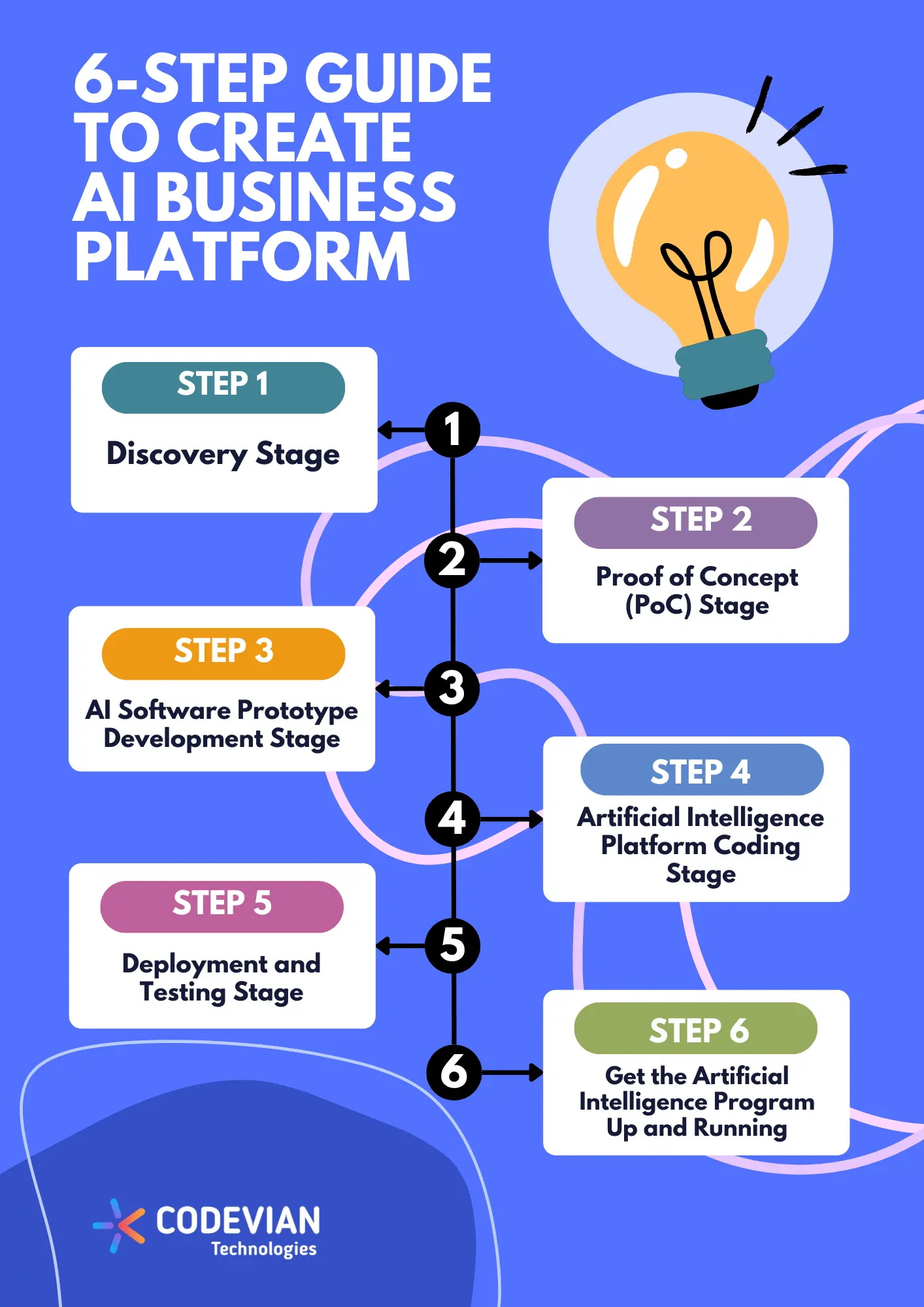
Step 1 - Discovery Stage
Let’s kick things off with the Discovery Stage. This is where you lay the groundwork for your AI project. Start by pinpointing the problem you’re solving and selecting the right software company to partner with.
Align on your business goals and paint a picture of your future Minimum Viable Product (MVP). Map out your project roadmap, decide on a collaboration model, and set up your tech stack. Lastly, do not forget to estimate how long the development will take because this bit is crucial for planning and budgeting.
Step 2 - Proof of Concept (PoC) Stage
Now it’s time to prove your idea has legs. In this stage, you’ll create an AI algorithm and put various AI models through their paces. This step is all about validating your concept before diving into full-scale development.
Step 3 - AI Software Prototype Development Stage
Here’s where your idea starts taking shape. Focus on building the key screens and features of your AI system. Remember, you’re not aiming for a full-fledged product yet – just enough to showcase the core functionality and gather feedback.
Step 4 - Artificial Intelligence Platform Coding Stage
It’s coding time! Using an agile project management approach works well here to keep things flexible. Building an AI system from scratch can be time-consuming, but you can speed up the process by leveraging pre-built components where possible.
Step 5 - Deployment and Testing Stage
You’re in the home stretch now. This stage is all about ironing out those last pesky bugs and ensuring your AI system can handle the user load. Rigorous testing is key to catching any lurking errors.
Step 6 - Get the Artificial Intelligence Program Up and Running
Launch day is here! But your work isn’t over once the program is live. This stage is followed by ongoing maintenance services to keep your AI platform running smoothly.
By following these steps, you’ll be well on your way to creating a robust AI business platform. Let’s not forget that the journey doesn’t end at launch – continuous improvement and adaptation are key in the fast-paced world of AI.
Final Words
As AI technology evolves, startups have a unique chance to lead transformative change across industries. The key to success lies not just in leveraging cutting-edge technology, but in providing effective solutions to real-world problems. What new can you bring to the AI landscape? How will your startup not just ride the AI wave, but shape its direction?
Frequently Asked Questions
How much funding do I need to start an AI-based startup?
The funding needed varies widely based on your specific idea and scale. Generally, you might need anywhere from $50,000 to $1 million for initial development and market entry. Start small, prove your concept, and then seek larger investments.
Do I need a background in computer science to start an AI business?
Not necessarily, but it helps to have a basic understanding of AI concepts. What’s crucial is having a solid business idea and the ability to build a team with the right technical expertise.
How long does it typically take to develop an AI product from idea to launch?
Development of the prototype typically takes 4-12 weeks while completing the whole curriculum can take upwards of 2 years, depending on the complexity of your AI solution.
